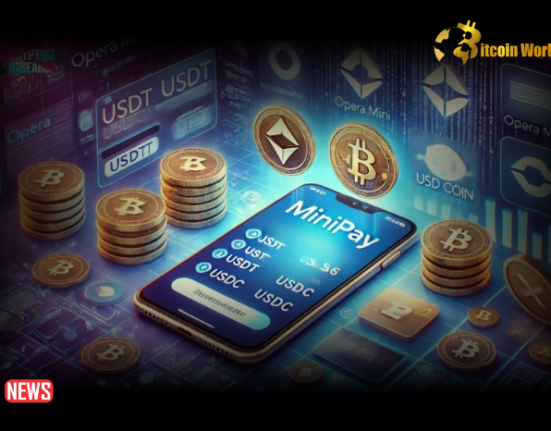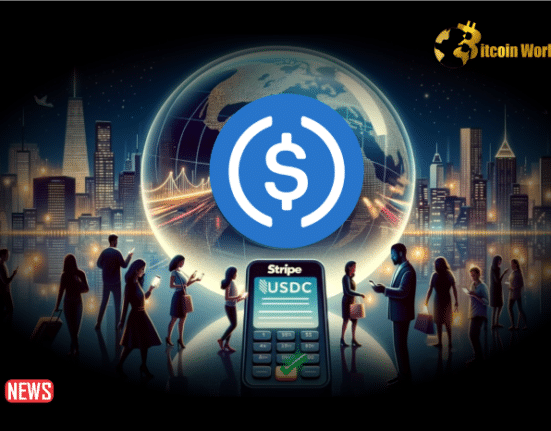
Former United States Treasury Secretary Lawrence Summers said that he wants to see more innovation in the blockchain space as the global digital currency is still at the preliminary stage. He made these remarks in a special episode of Circle co-founder and CEO Jeremy Allaire’s podcast, “The Money Movement”.
Summers praised stablecoins but said that he would rather be surprised if the global digital currency became a reality in his lifetime.
He made the comments as part of a broader discussion on the current state of the global economy, the future of a global digital currency and the role of stablecoins in cross-border transactions.
“I’m sure there’ll be a variety of kinds of innovation, but I’d be kind of surprised, and, you know, I’ve been surprised many times before, if we got to some kind of global digital currency … in my lifetime,” he said. “I could be wrong, I think … we’ll see a ton of innovation that will work through stablecoins, and that will permit cross-border exchange with more ease.”
He views the case for cryptocurrency on three pillars, but two fail to make strong arguments in favor of the technology.
Summers said he doesn’t “read existing currencies as being on their way to being demolished” just because central banks are finding it difficult to meet their inflation targets, under pressure from rising debts and the crisis caused by the pandemic.
“Second thing I think is that I don’t think crypto is going to be accepted as some kind of libertarian paradise,” Summers said.
Summers also said that he doesn’t think that there are people who believe that financial privacy, in terms of the ability to transfer money, is a fundamental human right. Conversely, governments will want less financial privacy over time and they will get what they want, he said.
Summers said that the strongest case for crypto is that digital currencies have a substantial capability to serve a wide range of uses, particularly because traditional transactions are cumbersome and cost a lot of money.
The hefty fees for cross-border transfers or the fees involved in card payments and ATM withdrawals reveal the excessive friction and inefficiencies of the current payments system. Stablecoins in particular can permit cross-border exchange with more ease, he added.














